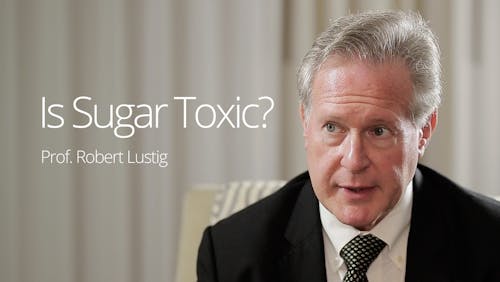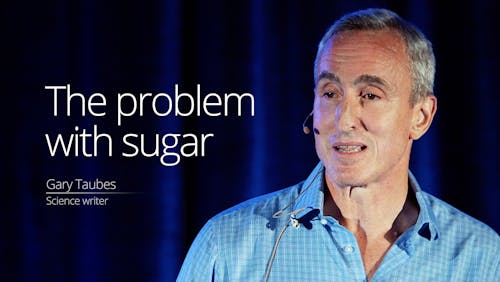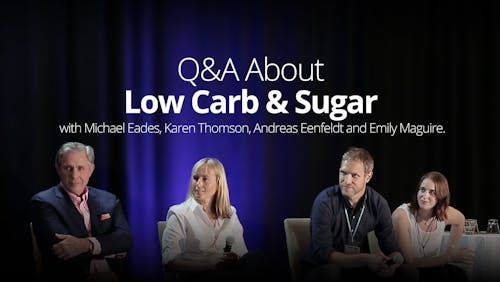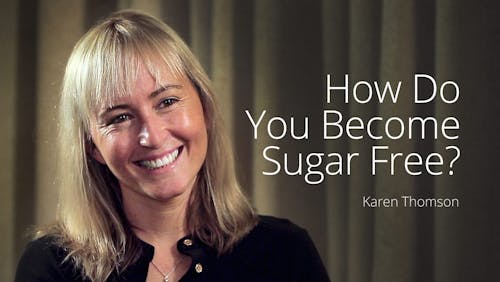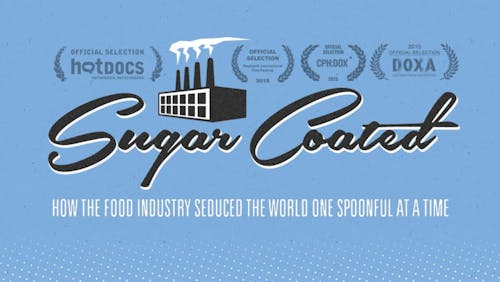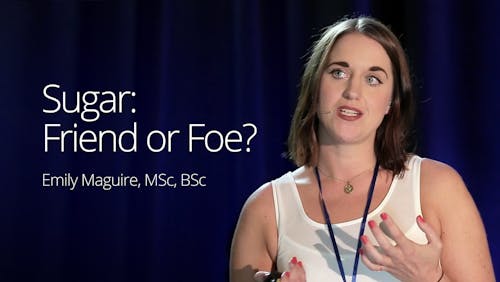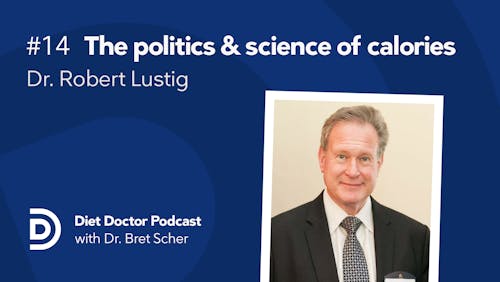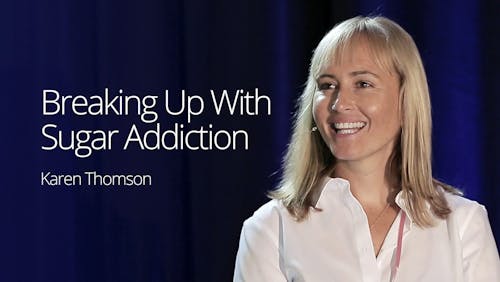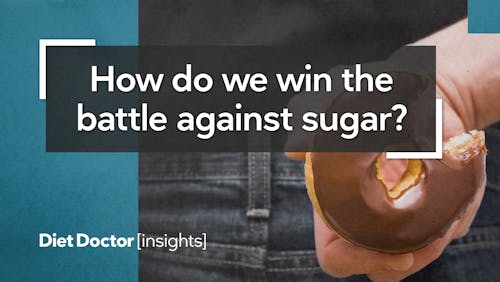The sweet sound of a workplace sugar ban
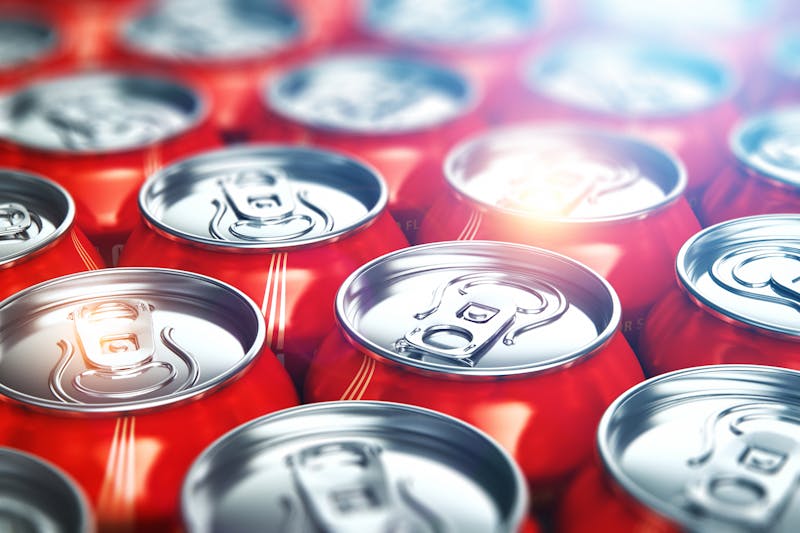
Banning food is a slippery slope. Once we start, where do we draw the line? There doesn’t seem to be much controversy around banning trans fats. But just try to mention banning sugar or meat, as many have recently, and you are going to run into a hailstorm of push back. After all, we are adults living in a free economy. We should be able to make our own choices in life, right?
Maybe so. But what if we had evidence that banning something improved our health? Would that make a difference?
I am not aware of any such evidence regarding meat, and don’t expect we’ll ever see that. But now we have it for sugar.
A study published in the journal JAMA Internal Medicine showed banning sugar-sweetened drinks in a work setting correlated with improved health of affected employees in only 10 months. The trial was fairly simple. The employer agreed to stop selling all sugar-sweetened beverages in the workplace. Employees could still bring their own drinks or leave the premises to buy their own elsewhere. They just couldn’t purchase sugary beverages at their worksite.
After 10 months, the authors noted that the average daily consumption of sugary drinks fell from 35 ounces to 18 ounces. They also found markers of insulin resistance and central obesity significantly improved.
Of note, they randomized the subjects to an additional motivational intervention or none. While the group with the intervention showed greater improvement, even the group without any coaching still significantly improved.
The conclusion? Simply removing easy access to sugar-sweetened drinks in the workplace significantly improves workers’ health.
This begs the question: should more employers eliminate sugary beverages from their offerings? Also, why stop at drinks? It is likely the same would be true of sugary foods. Removing them as an option would likely improve the health of all involved.
And we can take this even further. Should we allow our kids access to sugar-sweetened drinks and foods at school? Not only could we impact their current health, but we could teach them what is “normal” or “acceptable” food to eat. Getting rid of “easy sugar” could have tremendous impact over decades to come.
Or what about patients at a hospital? Why would we want to feed sugar to people most in need of healing and recovery? And shouldn’t hospitals model healthful choices for their employees as well? Yet just about every major hospital makes these beverages easily available to both patients and staff. Influential leaders of hospital systems need to pay attention and understand the potential impact of this simple intervention.
Those with vested interests, like the soda and snack-food makers, will continue to clamor against food bans. But when we have good evidence that shows improved health, suddenly it starts to make sense. Maybe it’s time for a concerted institutional and employer-driven effort against sugar. In the interest of personal freedom, people would still have access to these products; it would just make them less accessible at work. It’s an interesting compromise.
To truly impact the health of millions, maybe those calling for a ban on meat should recognize the lack of supportive evidence on that front, and instead focus where this study indicates the problem truly lies: with sugar, and particularly, sugary drinks.
Thanks for reading,
Bret Scher MD FACC
